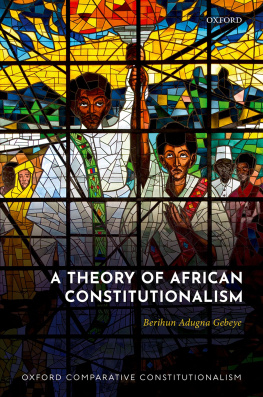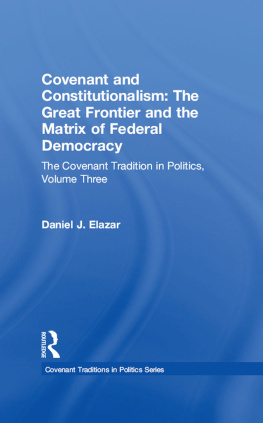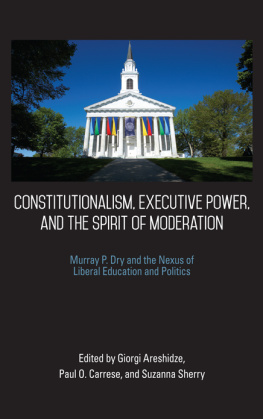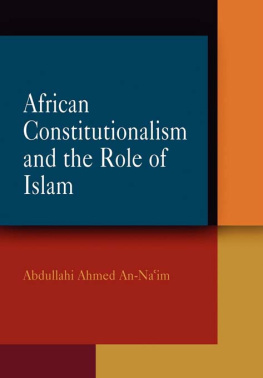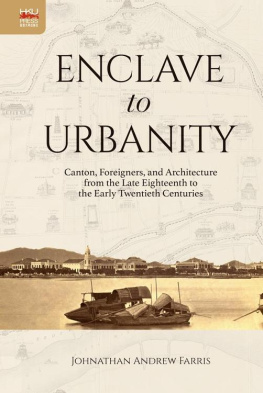Johnathan O’neill - Conservative Thought and American Constitutionalism since the New Deal
Here you can read online Johnathan O’neill - Conservative Thought and American Constitutionalism since the New Deal full text of the book (entire story) in english for free. Download pdf and epub, get meaning, cover and reviews about this ebook. year: 2022, publisher: Johns Hopkins University Press, genre: Politics. Description of the work, (preface) as well as reviews are available. Best literature library LitArk.com created for fans of good reading and offers a wide selection of genres:
Romance novel
Science fiction
Adventure
Detective
Science
History
Home and family
Prose
Art
Politics
Computer
Non-fiction
Religion
Business
Children
Humor
Choose a favorite category and find really read worthwhile books. Enjoy immersion in the world of imagination, feel the emotions of the characters or learn something new for yourself, make an fascinating discovery.

- Book:Conservative Thought and American Constitutionalism since the New Deal
- Author:
- Publisher:Johns Hopkins University Press
- Genre:
- Year:2022
- Rating:3 / 5
- Favourites:Add to favourites
- Your mark:
- 60
- 1
- 2
- 3
- 4
- 5
Conservative Thought and American Constitutionalism since the New Deal: summary, description and annotation
We offer to read an annotation, description, summary or preface (depends on what the author of the book "Conservative Thought and American Constitutionalism since the New Deal" wrote himself). If you haven't found the necessary information about the book — write in the comments, we will try to find it.
Conservative Thought and American Constitutionalism since the New Deal — read online for free the complete book (whole text) full work
Below is the text of the book, divided by pages. System saving the place of the last page read, allows you to conveniently read the book "Conservative Thought and American Constitutionalism since the New Deal" online for free, without having to search again every time where you left off. Put a bookmark, and you can go to the page where you finished reading at any time.
Font size:
Interval:
Bookmark:
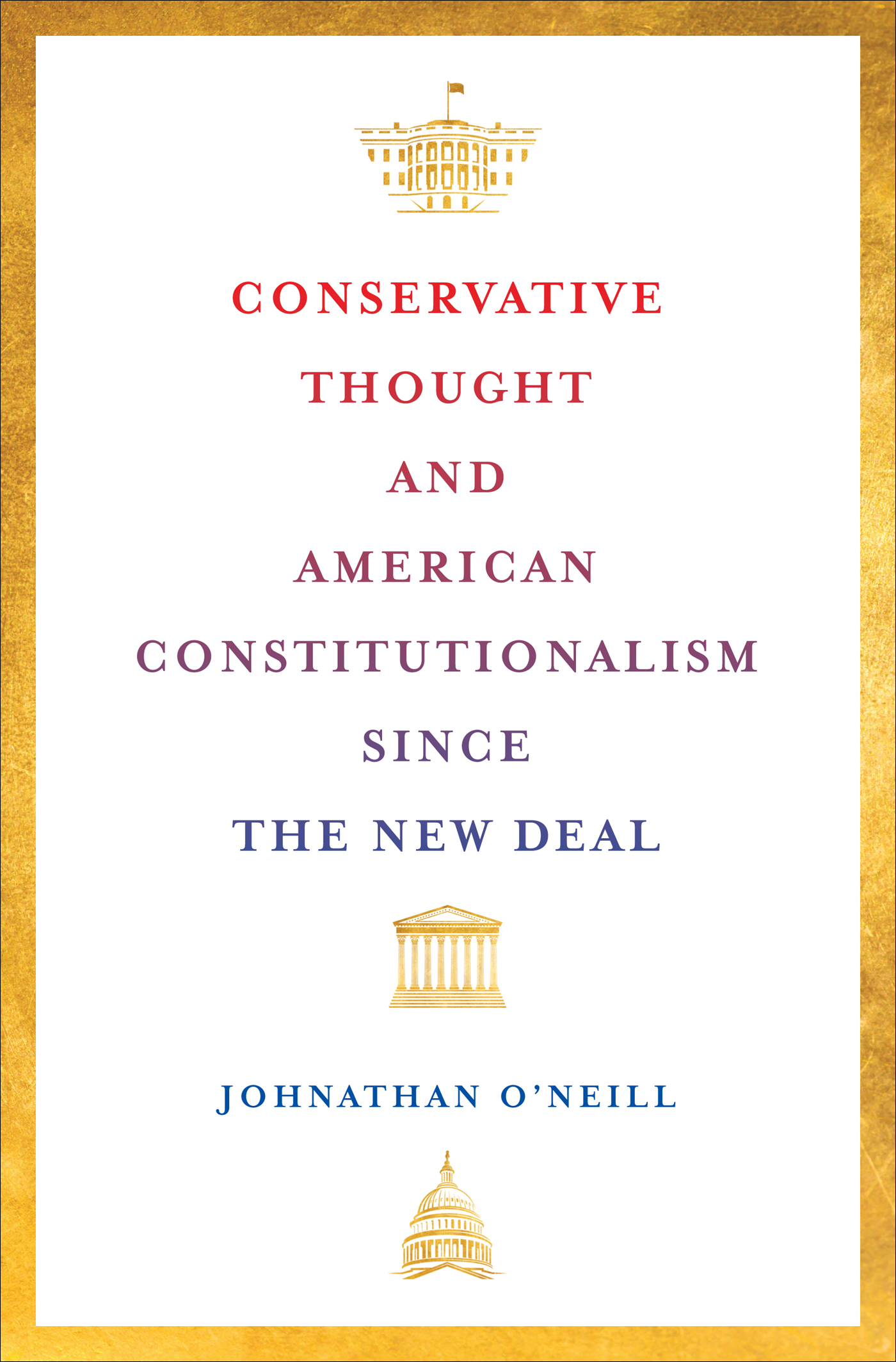
Conservative Thought and American Constitutionalism since the New Deal
JOHNATHAN ONEILL

Johns Hopkins University Press
Baltimore
2022 Johns Hopkins University Press
All rights reserved. Published 2022
Printed in the United States of America on acid-free paper
2 4 6 8 9 7 5 3 1
Johns Hopkins University Press
2715 North Charles Street
Baltimore, Maryland 21218
www.press.jhu.edu
Library of Congress Cataloging-in-Publication Data is available.
ISBN 978-1-4214-4462-8 (hardcover)
ISBN 978-1-4214-4463-5 (ebook)
A catalog record for this book is available from the British Library.
Special discounts are available for bulk purchases of this book. For more information, please contact Special Sales at .
For Rebecca once again, and always and for Maggie and Annie
This book examines how various types of conservative thinkers assessed the American constitutional order in the second half of the twentieth century. The analysis traces major ideas and schools of thought that both criticized and adapted to the developments that surrounded them. It is offered with the hope that vigorous debate about the need for constitutional change and the requirement of constitutional preservation will remain an abiding component of American political thought.
This study matured over several years, prolonged by the velvet bonds of domesticity and a too-long stint as department chair. Along the way portions of it were presented at a conference at the University of Texas at Austin School of Law at the kind invitation of Professor Sanford V. Levinson; and at the Rothermere American Institute, University of Oxford, England, at the kind invitation of Professor Paul Kerry during his fellowship there. Material support came from the Earhart Foundation and the Georgia Southern University Faculty Development fund. The University System of Georgias GIL Express system, connecting all of the states university libraries, was an indispensable and reliable resource, as was the friendly staff at the Zach S. Henderson Library on my home campus. I am grateful to Laura Davulis at Johns Hopkins University Press for her interest in the project and her professionalism throughout the process of publication. I also thank Steven Baker for the expert copyediting that improved the clarity of the book.
Two friends and fine scholars, Paul D. Moreno and Joseph Postell, kindly read the final manuscript and provided insights and corrections that improved it. For encouragement and support over the years I thank them and Alan Levine, Vincent Phillip Muoz, James R. Stoner Jr., and Keith E. Whittington. My thinking about constitutionalism continues to be influenced by Herman Belz, the teacher who set the example in so many ways. I am grateful to my brother, the political theorist Daniel I. ONeill, for understanding me as only a brother can, for innumerable heartening conversations, and for the now-only-occasional rollicking good time.
My greatest debt is to my family, whose love and forbearance sustained my efforts. As we move into our third decade of marriage, I remain both fortunate and thankful to have found Rebecca all those years ago in Maryland. This book was written as we watched our little girls grow into strong and versatile young women. For Annie and Maggie, know that your love and your talents too helped ensure that it was completed.
I gratefully acknowledge permissions granted by the following publishers to adapt and use material from earlier essays: Constitutional Conservatism and American Conservatism, in NOMOS LVI: American Conservatism, edited by Sanford V. Levinson, Joel Parker, and Melissa S. Williams (New York University Press, 2016), 292335; Traditionalist Conservatism and the Administrative State: The Diagnosis of a New Social Form, Political Science Reviewer 42, no. 2 (December 2018): 398430; The South and American Constitutionalism after the Civil War, in The Political Thought of the Civil War, edited by Alan Levine, Thomas W. Merrill, and James R. Stoner Jr., published by the University Press of Kansas, 2018, used by permission of publisher; Straussian Constitutional History and the Straussian Political Project, Rethinking History: The Journal of Theory and Practice 13, no. 4 (December 2009): 45978, used by permission of the publisher, Taylor & Francis Ltd., http://www.tandfonline.com; The First Conservatives: The Constitutional Challenge to Progressivism, www.heritage.org, July 5, 2011.
Conservative Thought and American Constitutionalism since the New Deal
Varieties of American Conservatism after the New Deal
American conservative thinkers varied in their responses to the transformation of constitutional institutions wrought by the New Deal in the 1930s and elaborated by the Great Society in the 1960s. This book argues that different kinds of conservatives deployed their respective core principles to criticize the new order and to defend those aspects of American constitutionalism they most valued. While continually disagreeing with one another and sometimes with aspects of the Constitution, they agreed that defending it was better than abandoning iteven as they necessarily adjusted and accommodated themselves to the postNew Deal reality. Conservative thought shaped conceptions of constitutional propriety and possibility, instigated lines of argument that eventuated in concrete political actions, and bounded what could be considered the legitimate reach of the modern American state. This book is the first to explain the full scope and complexity of this important feature of American political thought.
As an intellectual history this study takes ideas seriously and strives to understand thinkers as they understood themselves. Conservative constitutional thought existed in a broader political and social context, to be sure, but ideas are not explained in terms of subpolitical urges or by reducing them to their environment. Nor is there direct concern here with the formation of conservative identities as a matter of political sociology. Instead the focus is on how conservative thinkers understood the institutional arrangements of the New Deal order. Consequently, the criteria for selecting the figures analyzed are that they saw themselves as conservative in some sensenot as progressive liberalsand that from their differing perspectives they assessed the changes in the structure, relationship, and role of constitutional institutions.
At the end of the past century, much-noted calls for historians to give more attention to American conservatism prompted an outpouring of scholarship on nearly every aspect of the subject. Excellent studies were published on suburban grassroots activism, the shape of Republican party building and electoral successes in the South, the influence of evangelicals, the role of racism and affirmative actionand the list goes on. This rich literature makes it clear that conservatism in some form has always been woven into American historyno longer can it be simply dismissed as a reactionary atavism or a mere backlash against inevitable liberal progress. Yet constitutional issues and institutions on which conservatives focused have been mostly ignored, especially since the New Deal. Historians have been preoccupied with social and cultural modes of analysis and have mostly ceded constitutional questions to political scientists and law professors. Although this book does repeatedly cite authors from those disciplines as both scholarly interpreters and subjects of analysis, another of its major goals is to retrieve the neglected subject of constitutional history and combine it with the examination of distinctly conservative ideas.
Font size:
Interval:
Bookmark:
Similar books «Conservative Thought and American Constitutionalism since the New Deal»
Look at similar books to Conservative Thought and American Constitutionalism since the New Deal. We have selected literature similar in name and meaning in the hope of providing readers with more options to find new, interesting, not yet read works.
Discussion, reviews of the book Conservative Thought and American Constitutionalism since the New Deal and just readers' own opinions. Leave your comments, write what you think about the work, its meaning or the main characters. Specify what exactly you liked and what you didn't like, and why you think so.



